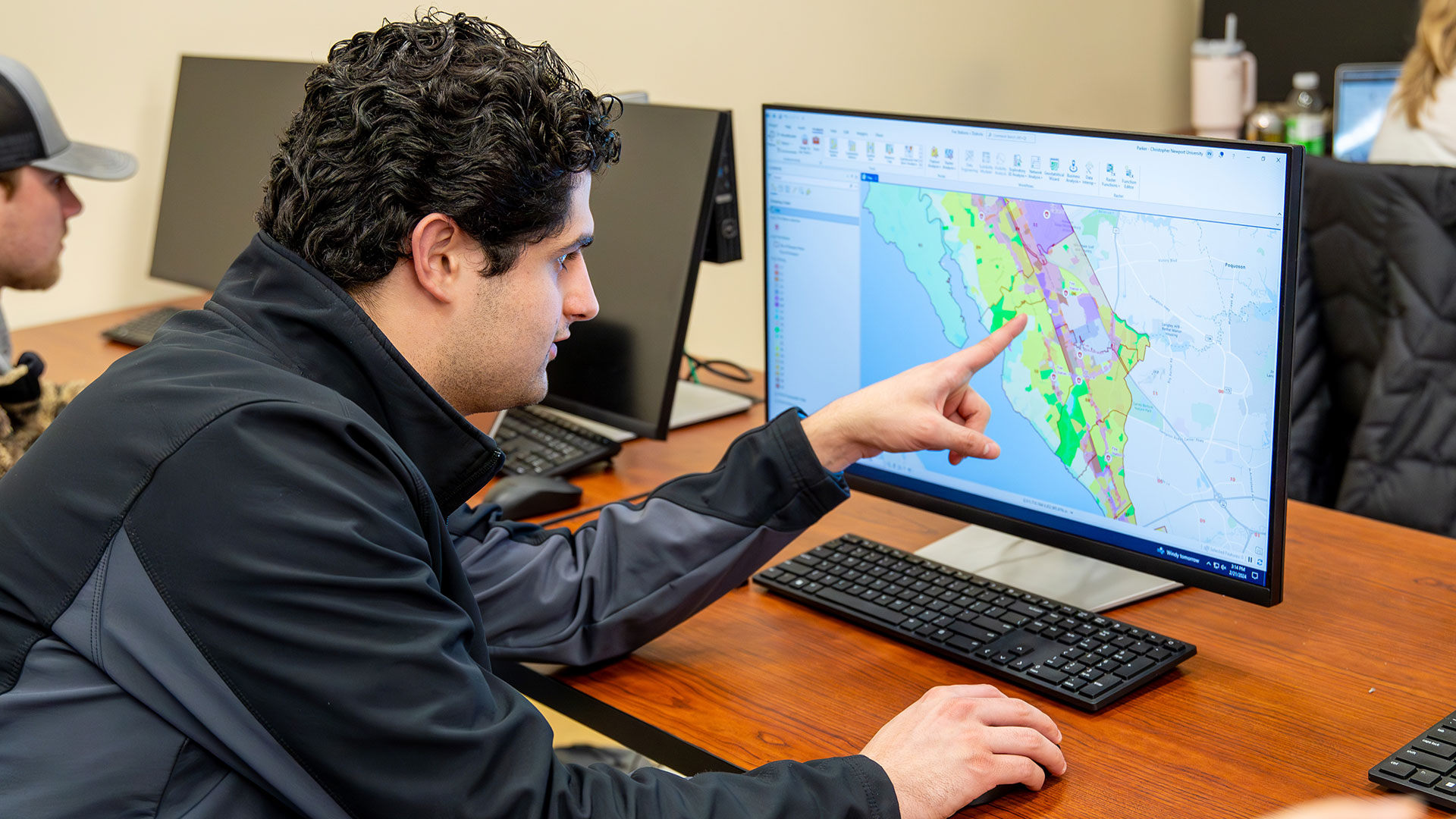Geography

Program at a Glance
College(s)/School(s)
College of Social SciencesGeography studies the interaction of physical and human phenomena at individual places and how those interactions among places form patterns and organize space. Geographers differ from other social scientists by first asking the question of "where" something takes place to help them to understand the "why" and" how." Geographers can thus study everything as long as it takes place somewhere. Whether we are eating food, building houses, traveling, playing sports, or casting a vote, we use space and interact with our environment. A geographic perspective is critically important to our understanding of a world that is homogenizing on the one hand, and yet increasingly unequal on the other. Geography is particularly well equipped to deal with current pressing issues, such as climate change, socio-economic inequalities, food crises, population growth, migration, and globalization.
Program Requirements
Core
- GEOG 210
- GEOG 211
- GEOG 349
- GEOG 350
Electives
- Any two 300-400-level GEOG Courses
Interdisciplinary Electives
- ANTH 331
- ANTH 365
- ANTH/SOCL 309
- ANTH/SOCL 330
- IDST 205
- IDST 265
- IDST 267
- POLS 281
- Any 300 or 400-level GEOG course
- Any study abroad course with the approval of the department chair
Career Options
- Geographic Information Systems (GIS) Specialist
- Urban Planner
- Environmental Consultant
- Cartographer/Surveyor
- Geography Teacher/Professor/Researcher